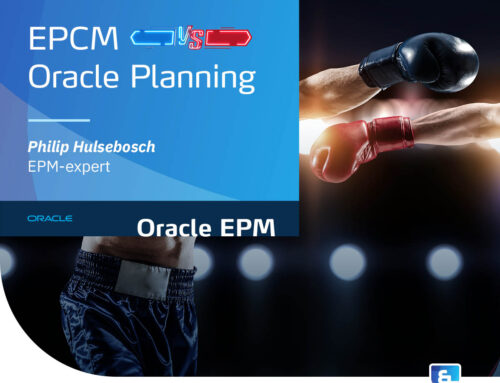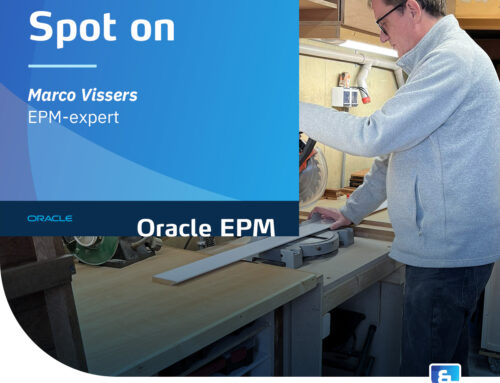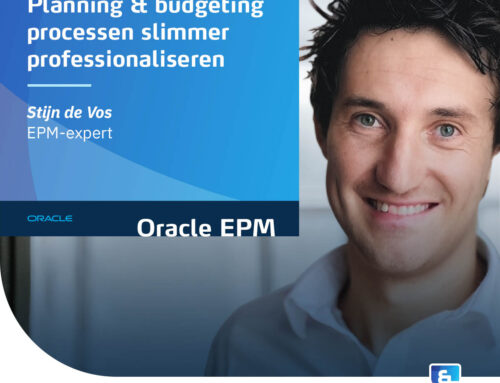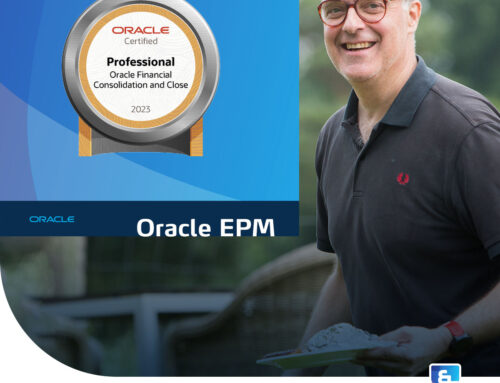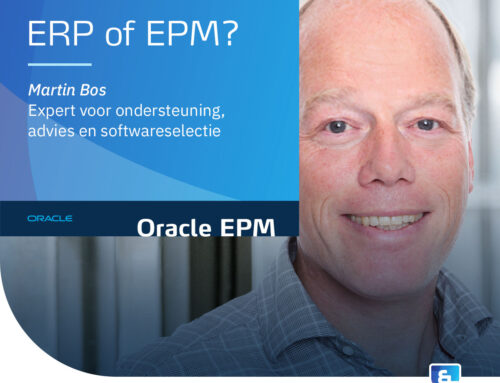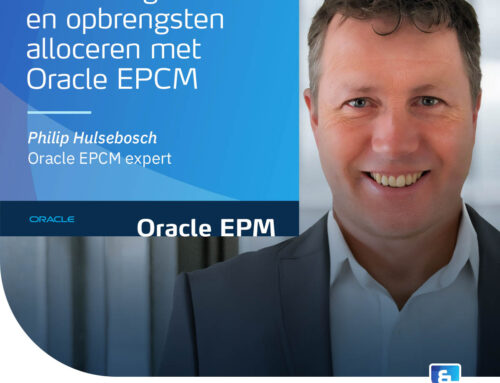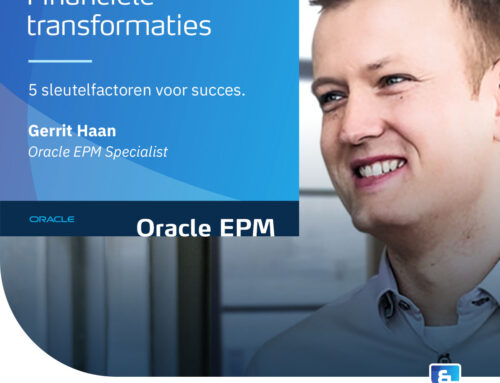
Are prescriptive modeling, AI and xP&A the future of EPM?8 Minutes estimated reading time
Planning is a hot topic within EPM. Especially forecasting tools can count on a lot of interest. Who doesn't want to be able to predict the future? Software vendors are eagerly capitalizing on this, throwing around terms such as prescriptive modeling, AI and xP&A. But are these new developments really the holy grail for EPM? To spoil the party atmosphere: EPM expert Bart van Velzen doesn't believe very much of it. And here's why...
Financial data lends itself awkwardly to AI
EPM is mainly about financial data. To what extent can you unleash artificial intelligence on that? True, EPM is slowly moving toward big data. But big data, data mining and data warehousing are still far from EPM. Let alone useful AI applications. Then we are at least 10 years away, I estimate.
Political motives
Planning, budgeting & forecasting tools, of course, have been part of the EPM domain for years. Predictive modeling - forecasting based on past data and patterns - has also been around for a while. And there is certainly value in that. But in practice, I see forecasting and budgeting being used mostly for political motives.
Companies take an average of 3 to 4 months to predict the future and get the budget plan agreed upon. In the meantime, the world has already changed 10 times. So what are these predictions really worth?
Being able to predict is one, being able to act on it is two
Suppose that soon, thanks to new technologies, you can shorten the time to forecast to a week. The question remains: how valuable is that for your organization? Are you able to turn your lead in knowledge into action? That's what matters. How agile is your organization? How quickly can you respond to a changed situation? That issue is beyond the scope of EPM. And software is not going to help you with that.
EPM, data management and business administration
My prediction is that the fields of EPM, data management and organizational specialists will come closer and closer together. You can already see this with EPM and ERP. Some vendors are selling both, as are some implementation parties. Mostly ERP parties that take EPM with them.
That still often goes wrong, by the way, because EPM requires a very different skillset than ERP. At some point, though, the very large vendors will probably become more successful at it. At least, if they can get the integrations done.
But even then I maintain: being able to predict the future is fun. The big question is: are you able to act on it quickly.
Smart, Simple, Solid
Personally, we stick to our philosophy of Smart, Simple, Solid. Because what are we really talking about? About sincere advice. And yes, all those future technologies are interesting. But my motto is: first things first. Get the basics right.
First, make sure you have the basics in order. That you can look back properly, by having your consolidation in order. Only then think about budgeting and forecasting. Most companies find it hard enough to set a budget for next year and do it in a short period of time.
Keep things Smart, Simple, Solid.

